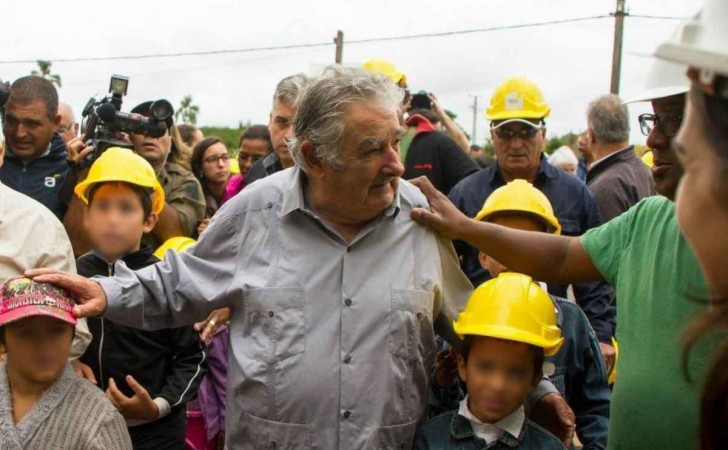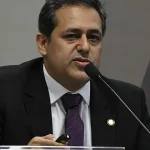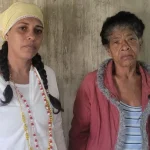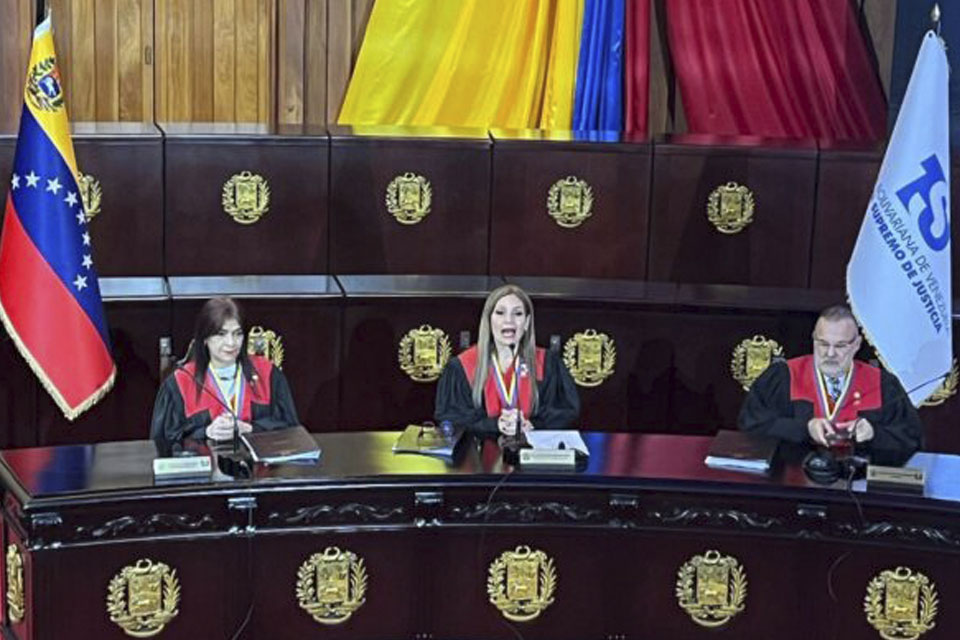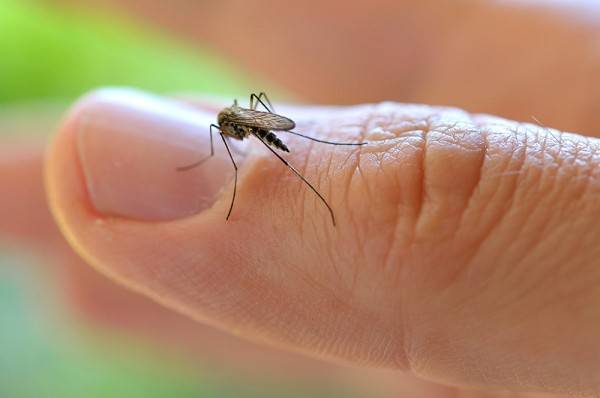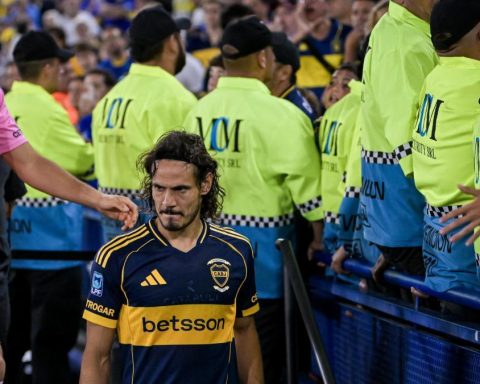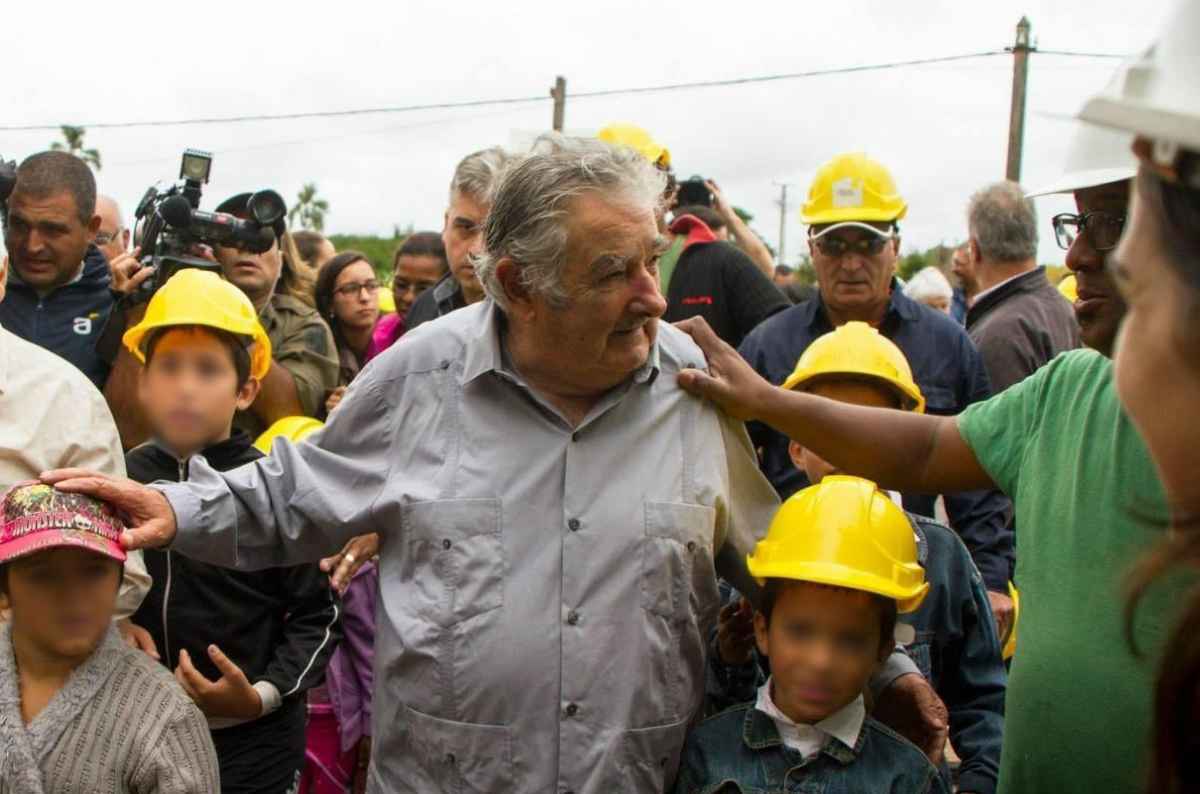
Former Uruguayan President José Mujica experienced a “very good” evolution after receiving treatment for a malignant tumor in the esophagusHowever, his recovery from radiotherapy “is costing him a lot,” revealed his doctor Raquel Pannone in an interview with EFE. Pannone reported that Mujica is under “day by day” monitoring while he faces this phase of treatment.
Despite the tumor’s remission, Mujica faces difficulties in his recovery. According to Pannone, “rehabilitation is costing him a lot” due to the effects of radiotherapy, and not because of complications related to the tumor. The good progress with respect to the esophageal tumor has been evident, but the after-effects of the treatment present additional challenges.
Ssalud prerequisites
Pannone mentioned that Mujica has other pre-existing pathologies that affect his recovery. Although these conditions have not been detailed, it was indicated that they influence the difficulty of the post-radiotherapy process.
“We are monitoring him and doing everything possible to ensure his recovery,” Pannone said, stressing the ongoing efforts to assist the former president in this process.
Discovery of the tumor
On April 29, Mujica announced at a press conference the existence of a tumor in the esophagus, discovered during a checkup at the Casmu hospital. Mujica described the finding as “very compromising” and “doubly complex,” given his history with an immunological disease that he has suffered from for more than 20 years, which adds a level of complexity to the treatment.
On May 2, at a press conference, Pannone confirmed that the tumor was malignant and detailed that it would be treated with radiotherapy.“Due to the characteristics seen in the image, we strongly suspected that it was a malignant tumor.”Pannone explained. Medical images ruled out injuries to other organs, which was a positive aspect in the political leader’s diagnosis.
Faced with offers of treatment from other countries, Mujica and his wife, Lucía Topolansky, decided to continue treatment in Uruguay. Pannone stressed the importance of this decision, emphasizing the trust in the local medical system. The international support was appreciated, but the choice was centered on the medical care available in the country.
